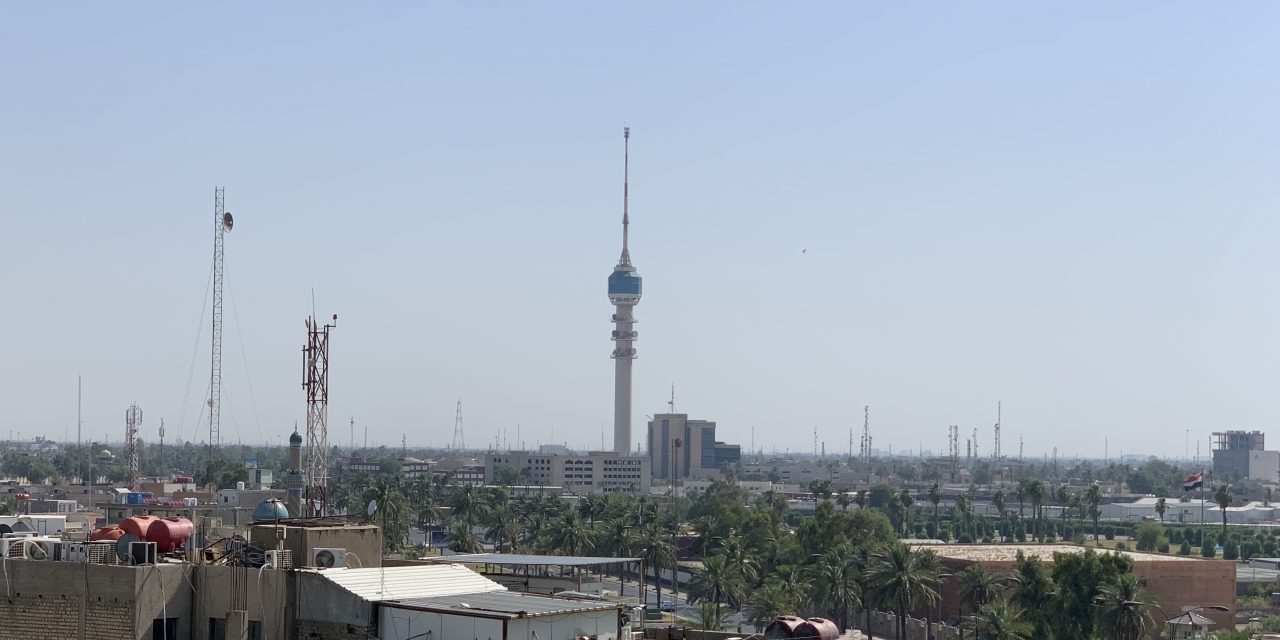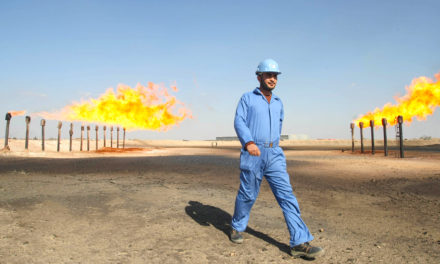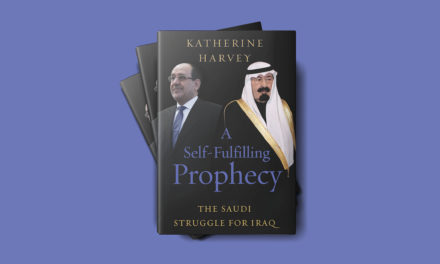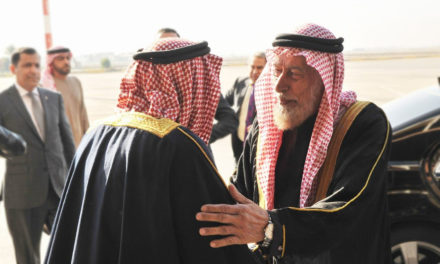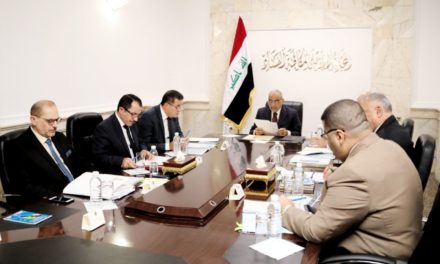Over the past century, most of the by-products of modernity that arrived in Iraq ranged from the utilisation of technology, modern sources of energy, telecommunication, and information technology. The majority of the theoretical foundations of modernity, however, such as freedom of the press, democracy, human rights, citizenship, accountability, and civil society never truly permeated the fabric of the country’s institutions nor dominated the subconscious of the masses despite the plethora of written material, lectures, and ideas about these concepts.
It is quite natural for the cultural acceptance of new ideas to be more difficult than the mere import of let’s say products like mobile phones and the use of services like the internet, even though these technologies might accelerate it. It would require educating the public as well as close examination of these ideas, followed by earnest public debate, so that society can grasp the depth of the intellectual and ideological challenges ahead and their potentially beneficial consequences.
The disinclination by the masses to accept these theoretical products is not without reason, for it requires educating themselves about them and subsequently undergo change, something that is not happening at the rate required. Furthermore, serving the national and public interests, and the separation of powers are principles that are difficult to achieve but which nevertheless must be indoctrinated into the depths of the existential philosophy of the ruling body through training and understanding the responsibility of governance, something that is not happening either.
Consequently, any individual who goes into politics in our country will almost immediately discern some of the following points:
First, the political system is neither truly derived from the people nor is it a homogenous entity conceived of coherent political movements. Only networks of brokers and patrons exist who form coalitions to achieve or defend their vested interests.
Second, if something needs to be done during the term of government, whether it is by a member of parliament, a minister or an official in the civil service, politicians will primarily fulfil the interests of the ruling political classes. There is barely any opportunity or space to act pursuant to any set of principles or based on sound political values.
Third, the maintenance of the status quo in Iraq vis-à-vis economic, social and cultural poverty, and the marginalisation of the poor are to a large extent an outcome of the policies and intentions of the ruling class and the political parties in the country.
Assuming the aspiring politician grasps the meaning of some of the aforementioned points, they would face the following options:
The first option is to remain in politics and benefit from the office they preside over, and the more they are beneficial to the party, movement, sect, or arrangement they represent, the more they will benefit. They are not to question, dispute, or seek change. Politics and posts are synonymous with a better way of life given how much money, fame, or access they can get through them, and when they see a threat to their position, they have to begin bartering over their share of power.
The second option is to remain in politics but criticise, question, express their views, and sometimes says “no.” These politicians want to make a difference, but do not adopt a subversive approach. They will try to push along and to make things happen through logic, knowledge, and experience. At the same time however, they cannot reveal to the party or movement that they lean towards harbouring certain ambitions. They gradually reach a point where they cannot do much, a state of paralysis. Being ambitious, this situation is incompatible with the nature of governance and ultimately, they will be dispensed with.
The third option is to remain in politics and seek to undertake fundamental changes. To be independent politicians who do not accept the status of either taker or chancer, they strive to live by the principles of law, intellect, rules, programmes, and growth. These politicians have principles and are not concerned with the affairs of a single individuals but rather want to practice politics through reasoned thinking and have plans that do not seek to please the sycophants. They want to tackle the country’s current problems and hence argue and confront, just to fail and disappear from the political scene.
The fourth option is to leave politics altogether or not to engage in any of its associated fields. This is due to the realisation that they cannot do the most basic jobs and perform the simplest tasks in the current system. They do not initiate exploitation and do not believe in the idea of being a taker or chancer, exploiter or sycophant. In the absence of law, order, and discipline, they see any effort as futile. To them, the failure to accept the most rudimentary theoretical foundations of politics will eventually lead to incompetence and chaos in the country. When there is no stable political system, expertise and the efforts of experts are lost. Social life will be full of ups and downs and instability, and this is exactly what we have witnessed in Iraq since the fall of the previous regime.
Creating an effective system of governance is not an easy task. Unlike popular beliefs, the process of development does not stop and even the West continues to face many pitfalls in its attempts to harness the ideals of democracy and the realisation of public interest. This indicates that although the legal dimensions of modernity are regulated within the constitutions of developed countries, the rationalisation of governance remains an ongoing process. Ideal governance remains the most important challenge facing the international order today, even in developed societies. In essence, engaging with or entering into politics is usually for the sake of effecting change, not for maintaining the status quo. A politician who does not achieve positive change through their endeavours, wastes both his time and society’s resources.
Modernity is a universal human endeavour and does not belong solely to the West. One can argue that the most important intellectual and social developments of modern-day institutions and organisations. Countries that fail to institutionalise and harness systems in governance risk undoing their growth. Thus, regardless of the challenges, we must reform our system and trigger the processes of institutionalisation and growth.

Hayder Al-Khafaji
Hayder Al-Khafaji is a researcher on Middle Eastern affairs with a specialist focus on Iraq-Iran relations. He holds a postgraduate certificate in Islamic Studies from Birkbeck College, University of London, and a master’s degree from Middlesex University where he is currently completing a Professional Doctorate in Muslim cultures.

